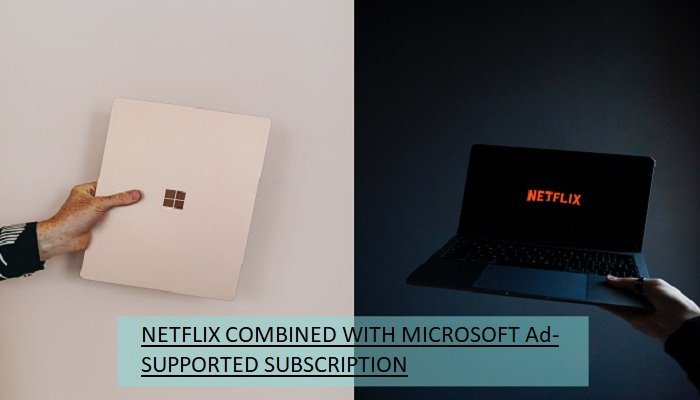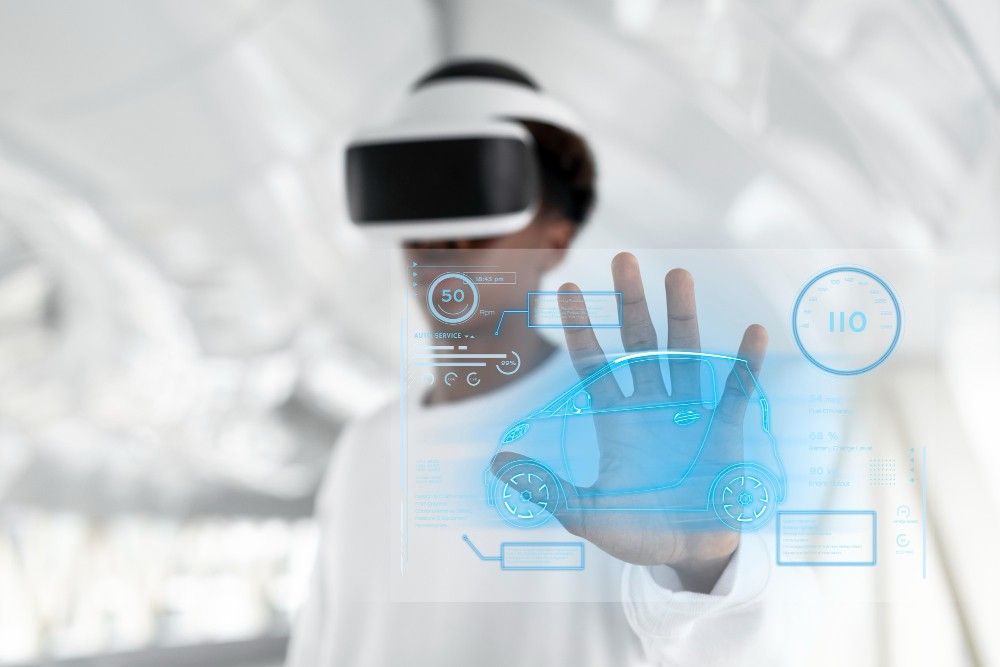The acquisition of health care solutions provider Medigate, an enterprise IoT security provider is expanding its reach in health care. Schneider Electric, Rockwell Automation, SoftBank Vision Fund 2, Standard Investments, Bessemer Venture Partners, ISTARI, and Team8 revealed the news alongside a $400 million Series E investment led by Claroty.
Claroty, which was founded in 2015, promises to address all cyber-to-physical interactions in the industrial, healthcare, and enterprise IoT ecosystems, dubbed the "Extended Internet of Things."
The company is attempting to monetize the pressing need for improved security that has arisen as more important activities like hospitals, oil pipelines, and military locations, deploy networked systems.
"As digital transformation programs drive the critical physical infrastructure that we rely on for even the most basic human needs, safeguarding these systems is ultimately about limiting risks to human life," said Yossi Cohen, who will join Claroty's board of directors.
IoT is now the main conduit between physical infrastructure and digital task management, and this presents countless opportunities for hackers.
Attacks range from the highly damaging ransomware breach where malware encrypts sensitive data until the victim pays a monetary sum to cryptojackers that mine virtual currency while exhausting the host machine’s resources.
Meditate creates bespoke health care IoT security tools that account for workflows, protocols, and technologies specific to clinical environments.
By taking the company into its portfolio, Claroty is looking to position its business to serve the growing clamor for unified critical IoT security.
Gartner predicts by 2024 some 80% of critical infrastructure organizations will prefer “hyper-converged solutions” to manage cyber-to-physical along with other IT risks, abandoning their existing siloed security installations.
The analyst firm says securing cyber-physical systems presents challenges not only because new devices must be protected better, but also because legacy endpoints must be brought in line with modern security standards.
Gartner says the attack surface for hackers and other bad actors has colossally extended as a result, especially in health care where 82% of health care systems have reported an IoT attack within the last 18 months.
This is largely owing to the rise of connected medical devices, a trend that has been replicated in IoT for building management systems, surveillance cameras, and heating, ventilation, and air conditioning systems.
-black.png)










